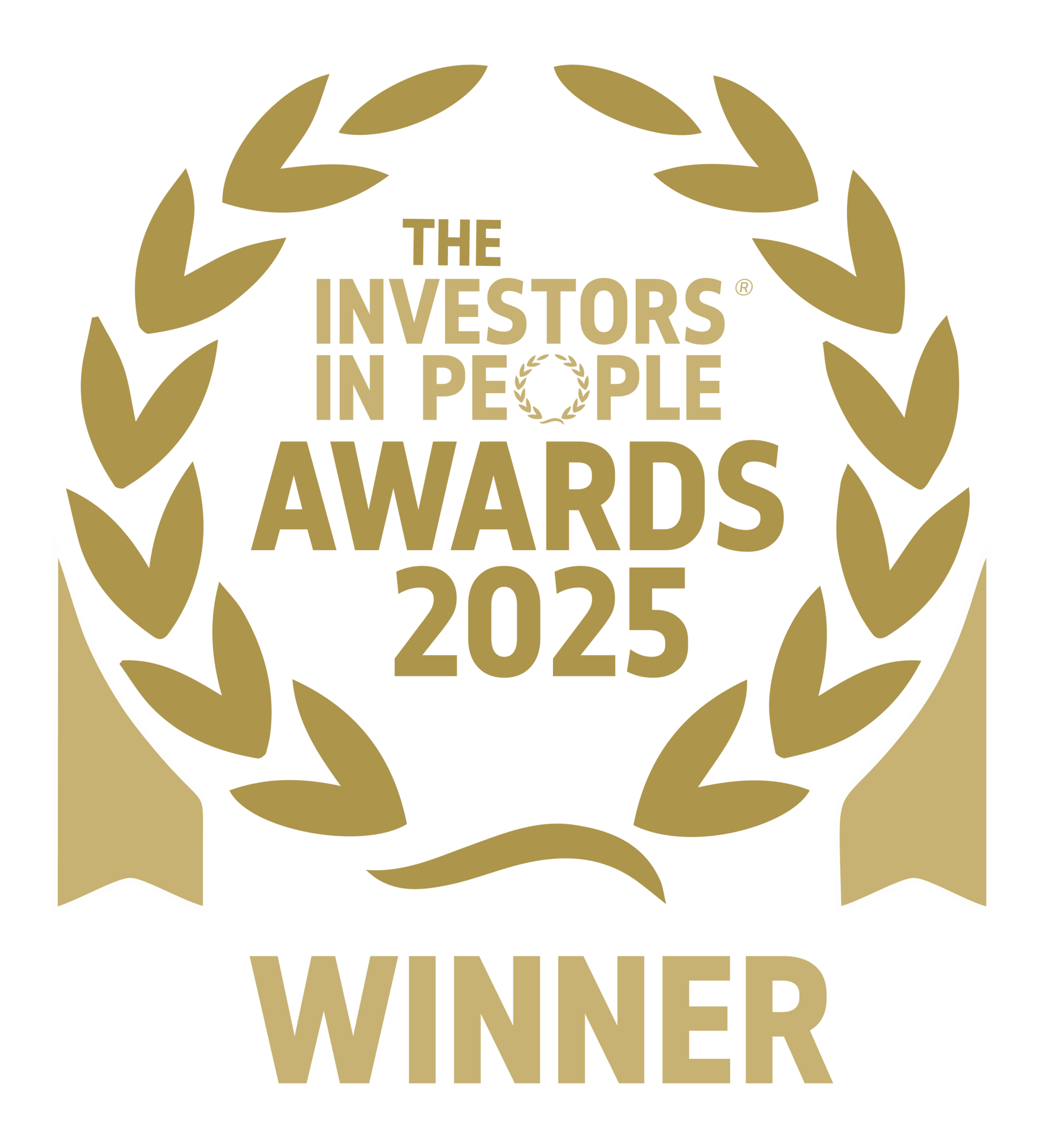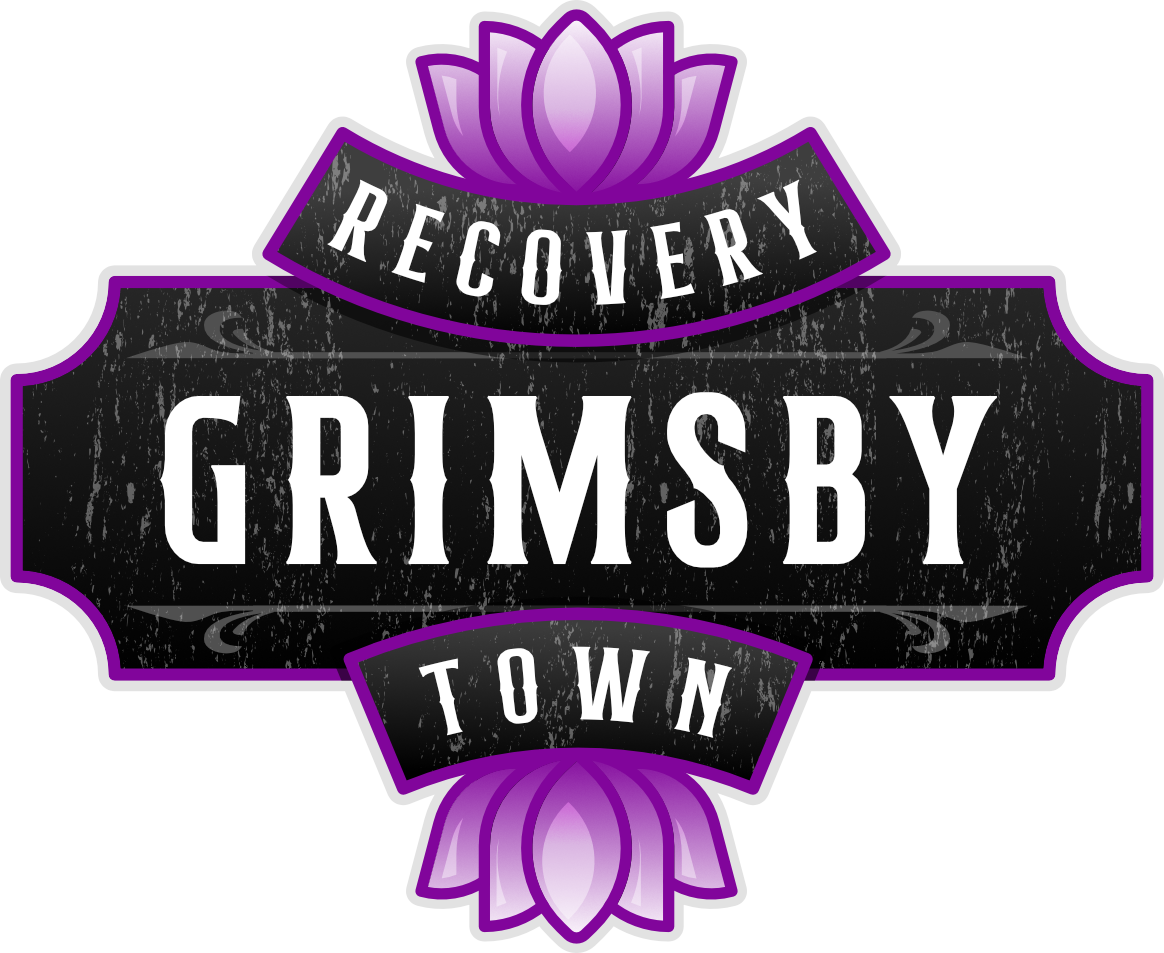Our Impact
Most people drink alcohol responsibly, but there are many who drink to excess.
Between the late 1950's and the late 1990's alcohol consumption per head in the UK more than doubled, and today around nine million adults in England drink at levels that pose some risk to their health.
An estimated 1.6 million people have some degree of alcohol dependence,
and of these some 250,000 are believed to be moderately or severely dependent and require intensive treatment.
Tackling the impact of harmful and dependent drinking is a key public health priority.
Alcohol misuse is linked to a range of health disorders, including high blood pressure, heart disease, stroke, liver disease, some cancers, and mental health issues such as depression and addiction.
There were around 1.2 million alcohol-related hospital admissions in England in 2010-11 while close to 15,500 people died from alcohol-related causes in 2010.
Estimated Alcohol-related harm alone costs the NHS in England £3.5bn.
Local authorities have become responsible for commissioning alcohol services that prevent and treat alcohol misuse and dependency.
These services operate in line with NICE's recent guidance and quality standards for managing harmful drinking and alcohol dependence.
The 'Recovery Community' provides recovering addicts with the knowledge and experience of others going through a similar process.
It helps people who have struggled with addictive behaviour live more honest, meaningful and fulfilled lives. They become more self-sufficient, have healthier relationships and find purpose.
When someone is in recovery from addiction they not only have a positive effect on their affected others, children, families, friends but also on the wider community. They will also have better opportunities regarding employment.
For one day that one of our members is abstinent is one day that person is not a drain on our local community in respect of visits to a GP, Hospital, Ambulance and Police Services.
The average cost of a bed in the NHS per night is £255.00. Rehab can cost between £1000 to over £5000 per week.
There is also a benefit to the local community in terms of less crime committed, and we actively engage with the police to raise the profile of our work.
The success rate for long term recovery and abstinence can be as low as 3 %. In order to increase the chance of recovery, ongoing peer support is required to maintain abstinence.
Clinical studies show that peer group therapy is one of the most effective tools for inducing long term sobriety.
It offers recovering addicts the advice and experience of others going through a similar process, it offers them hope that recovery is possible through the observation of other's recoveries and creates a community feeling of support and a reduction in social isolation.
Art has been proven to fill occupational voids, distracting thoughts of illness.
It improves well-being by decreasing negative emotions and increasing positive ones. It reduces stress, anxiety and depression.
CREATIVE START IMPACT
Creative Start is an award winning CIC that has delivered arts in health workshops, community art projects and structured mutual-aid/peer support in North East Lincolnshire since 2012. We are a member led organisation that includes local artists, volunteers and people in recovery. Our members consistently prove that the creative process is a successful way of aiding recovery, coping with mental health issues, providing a purpose and tackling stigma. Members are included in all aspects of the programme which enables us to deliver a peer support service that is unique in our local community
The programme has had a massive impact on those that attend. It provides a safe, non-judgmental environment for those affected by addiction and other mental health issues. Members testify that the support received has been critical to their recovery. They are given trust and responsibility empowering them to make positive life choices. The support enables them to become productive members of society and gives them a purpose and a reason to stay clean and sober.
If successful, the 'Recovery Community' will enable us to increase the output and impact of our abstinence recovery programme. We will be able to provide more peer support groups, more arts in health workshops and be involved in more community art projects. We will evidence to those that are in active addiction, their families and the community that recovery is possible. We will insure that the 'Recovery Community' gives hope to all people affected by addiction. We will lead by example, tackle stigma and raise awareness. This will have a huge impact on how recovery from addiction is viewed in the local area.
MEASURING INDIVIDUAL IMPACT
Someone in long term abstinence can identify if another person is abstinent.
This is measured by an individual's behaviour pattern which can be evidenced by someone or a group of people who are actively in abstinence based recovery. The recovery of each member is monitored on a weekly basis.
After 2 years of abstinence, members are given the opportunity to be become recovery mentors.
We will engage a minimum of 10 new members per quarter in year 1, and build on this throughout the contracted period.
We keep regular testimonials from our members and recovery diaries, which includes filming members' progress through recovery. The Grimsby Institute has agreed to film further footage of our project work and also evidence the progress of our members in recovery.
EMPLOYMENT
Unemployment increases the likelihood in becoming addicted.
This creates a cycle where the stress of unemployment makes it harder to stay clean and addiction makes it difficult to find and hold down full-time work. A strong work ethic is important in achieving recovery long term. Those who take responsibility for their own needs and find work, are far more likely to maintain recovery. Personal accountability is one of the most important keys to maintaining sobriety. The 'Recovery Community' will provide members with new skills, mentoring and the confidence to work towards employment/self-employment. This will help create a stronger work ethic by encouraging communication, teamwork and decision making. The 'Recovery Community' will also create a platform for local talent and a way of promoting, exhibiting and selling their art.
We value the experience of those in recovery. Their life experience enables them to help others. We don't only want to provide opportunities to volunteer but also to be employed within the 'Recovery Community', for example through sessional work. People in recovery have never been excluded from gaining positions of trust and responsibility within the organisation. Three of our directors and workshop manager are all in recovery. It is also our aim to support our members in setting up their own peer support groups or social enterprises.
'The Great Escape' once fit for purpose will support members further in gaining skills and employment opportunities. It will be set up to give local people, primarily people in recovery and veterans the tools, guidance and inspiration to set up their own community projects. 'The Great Escape' could be the next stage for those accessing the 'Recovery Community' is their desire is to set up their own social enterprise, community group or large scale art project. We will also invite mentors in from other external agencies such as E-Factor to provide guidance to those wanting to set up their own businesses. With one of our Directors having 10 years of Recruitment experience, we will provide basic guidance for writing CVs, interview skills and seeking work and will also signpost to local recruitment agencies for further support in finding work.
By working with partner agencies to deliver in-house courses and signposting people to external training, we will ensure that a minimum of 20 individuals will gain accredited vocational and non-vocational learning credits in year 1. We will use our strong links in the voluntary sector to ensure a minimum of 20 individuals participate in community-based volunteering in year 1. This will include opportunities at the Kasbah project as well as joint working with organisations such as Green Futures.
Get Support
You can contact us directly if you want to talk through any issues you're having.
This number is manned during opening hours only. Mon to Fri 10am to 3pm.
Creative Start have made a massive impact on the lives of others by inspiring them to focus on recovery and giving them the confidence to pursue their own creative directions.
Our Services
Find out how we work with people in recovery...
Be a part of our history by volunteering with us. Help us to help others for another 8 years by fundraising for us, or donating to our cause!



